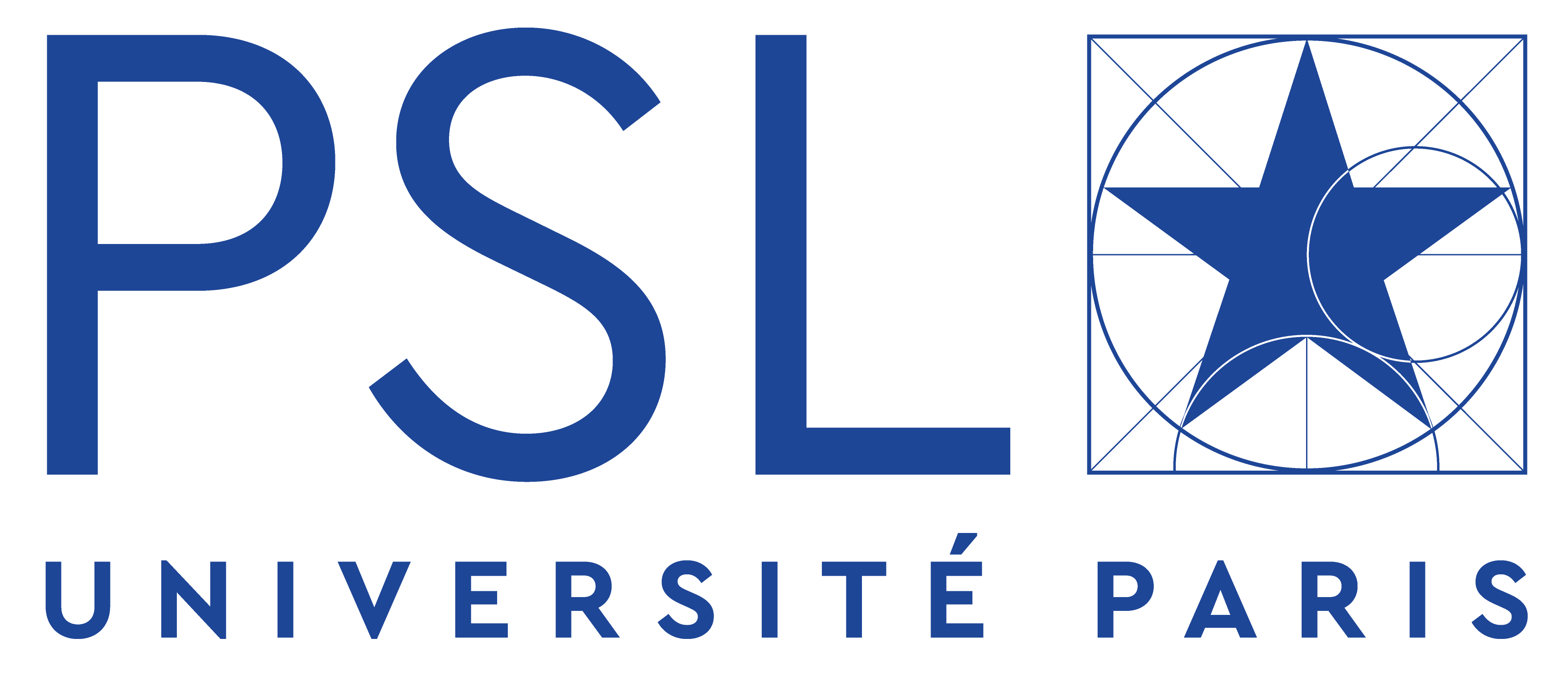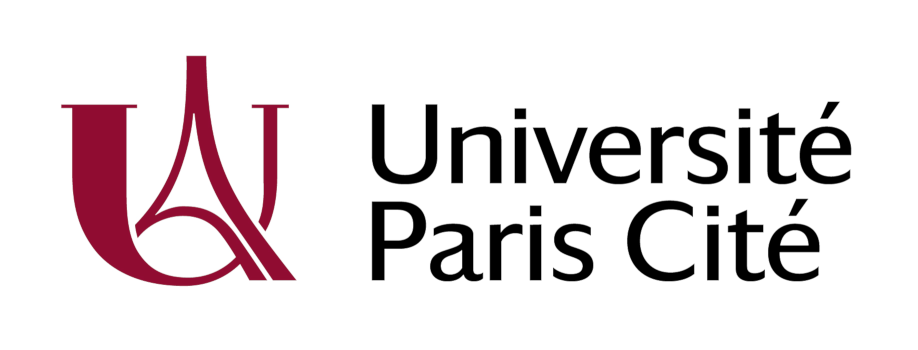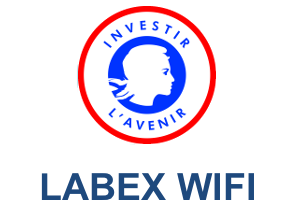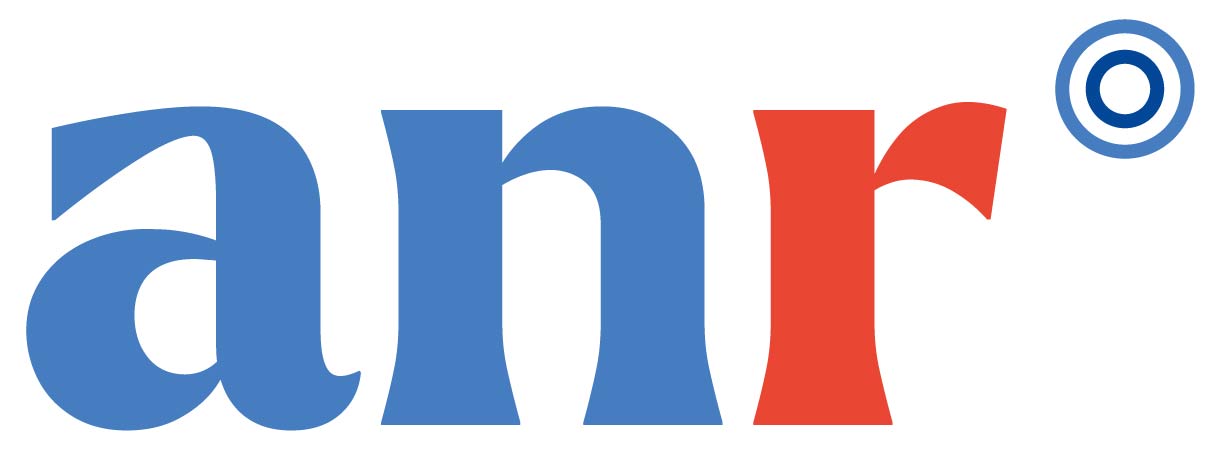Masters internship (M1 or M2)
Supervisor : Anne Louchet-Chauvet
Location : Institut Langevin, 1 rue Jussieu, 75005 Paris
Context and objectives
Developing a broadband, high-sensitivity accelerometer operating at cryogenic temperatures is a key challenge in many cutting-edge experimental physics domains, from quantum technologies (including near-field microscopy, quantum memories, etc.) to gravitational wave detection. To realize such a sensor, a promising approach is hybrid optomechanics, which couples quantum and mechanical degrees of freedom in a single physical system.

Rare-earth ion-doped crystals, known for their extremely narrow optical transitions at low temperature ( 3K), exhibit natural optomechanical coupling through the piezospectroscopic sensitivity of the ion’s energy levels to mechanical stress (see Figure). These crystals have recently emerged as strong candidates for quantum-enabled, low-temperature accelerometry, and we recently demonstrated continuous optical measurement of cryostat vibrations with such crystals, with an already promising sensitivity and bandwidth [1,2].
However, significant work is needed to obtain an ultra-sensitive, unidirectional and calibrated accelerometer.
Internship content :
During this internship, we will investigate the fundamental and technical limitations of the method (in terms of sensitivity and bandwidth in particular), using emulated or real vibrations.
We will also explore the operational range to higher temperatures (up to 10K), which will be key for expanding the potential applications of our sensor.
As an intern, you will have the opportunity to :
- acquire experience with stabilized lasers and cryogenics
- create and manipulate quantum states
- discover the challenges of metrology and precision measurements
- participate in a dynamic consortium at the national scale.
This project is part of "CHORIZO" ((C)Quantum Hybrid Optomechanics with Rare-earth Ion-dOped MaterialZ), a consortium of 5 partners (Institut Langevin, IRCP, SYRTE, LuMIn, Institut Néel) funded by the Agence Nationale de la Recherche.
Methods and techniques : Spectral hole burning, stable lasers, closed-cycle cryostats.
Requirements : The applicant should have background knowledge in one or several of the following fields : quantum mechanics, light-matter interaction, laser physics and/or condensed matter physics. A taste for experimental physics and teamwork is expected, as well as a good level of English. Basic programming skills are appreciated (e.g. Matlab).
How to apply : To submit your application, send your CV and motivation letter to Anne Louchet-Chauvet ![]() " class="spip_mail">
" class="spip_mail">![]()
Possible continuation into a PhD : Yes, funded by ANR.
References :
[1] Louchet-Chauvet, A., Ahlefeldt, R., & Chanelière, T. (2019). Piezospectroscopic measurement of high-frequency vibrations in a pulse-tube cryostat. Review of Scientific Instruments, 90(3).
[2] Louchet-Chauvet, A., & Chanelière, T. (2022). Limits to the sensitivity of a rare-earth-enabled cryogenic vibration sensor. AVS Quantum Science, 4(2).
| Anne LOUCHET-CHAUVET Tél. : 01 80 96 30 42 |









